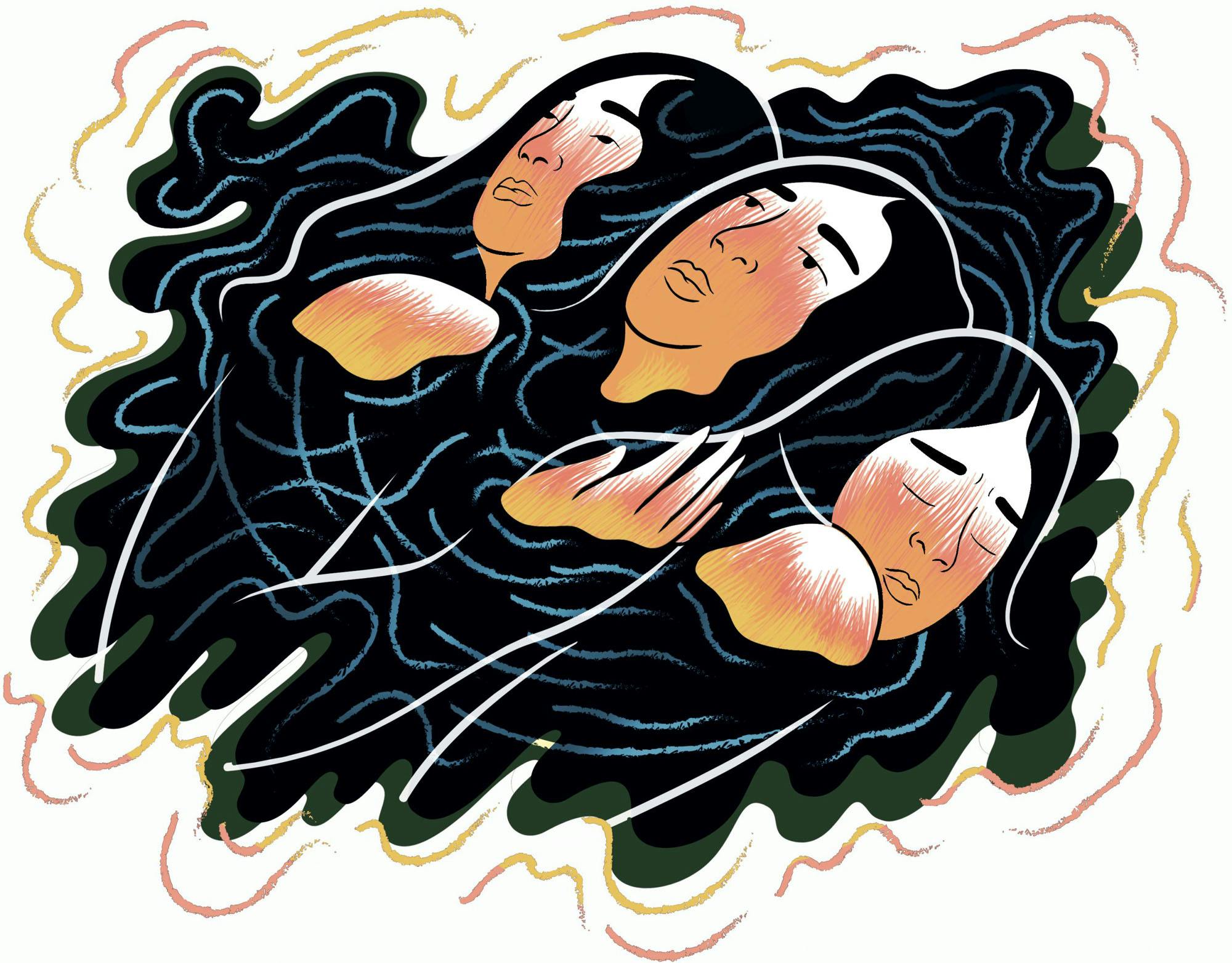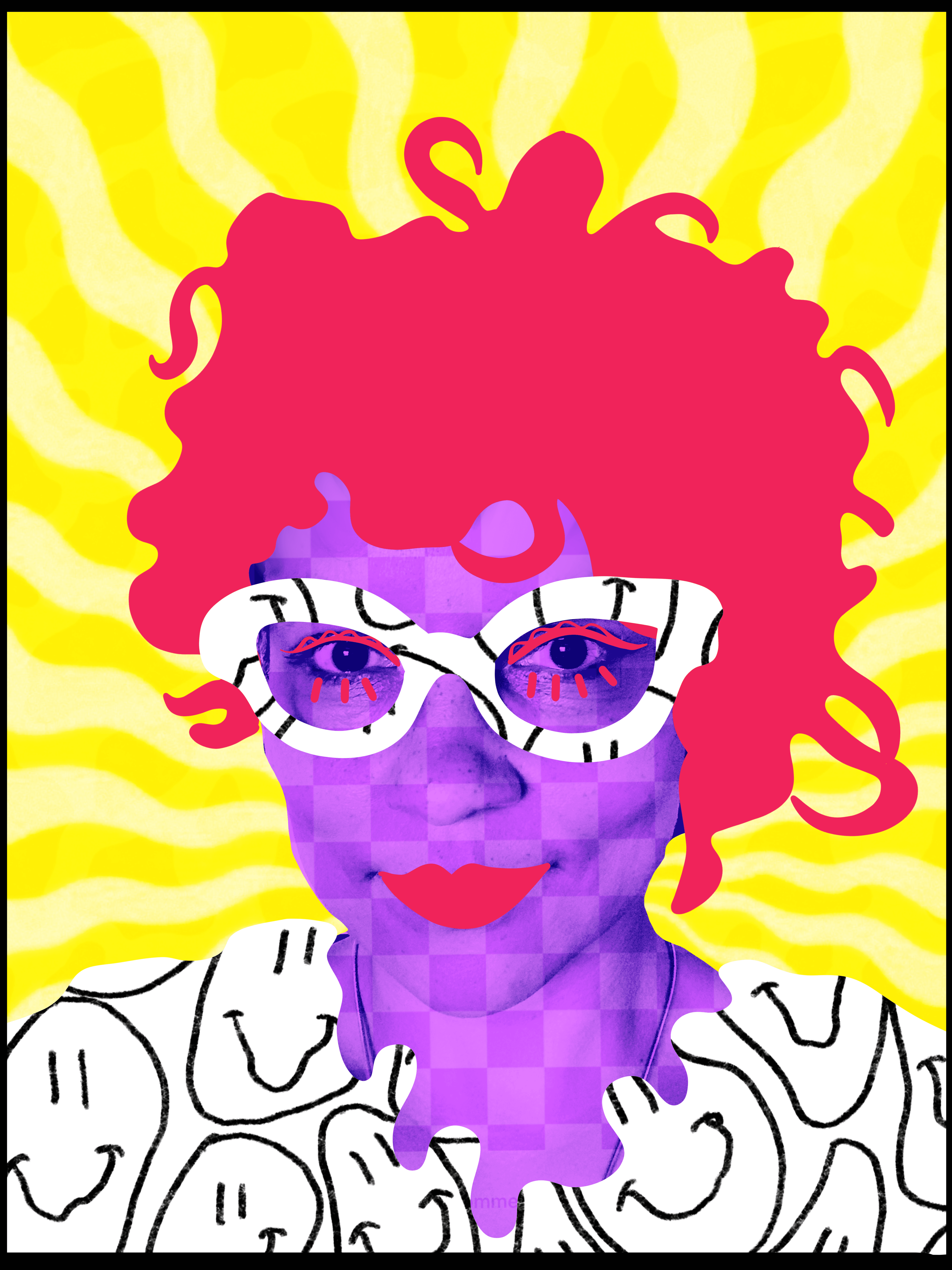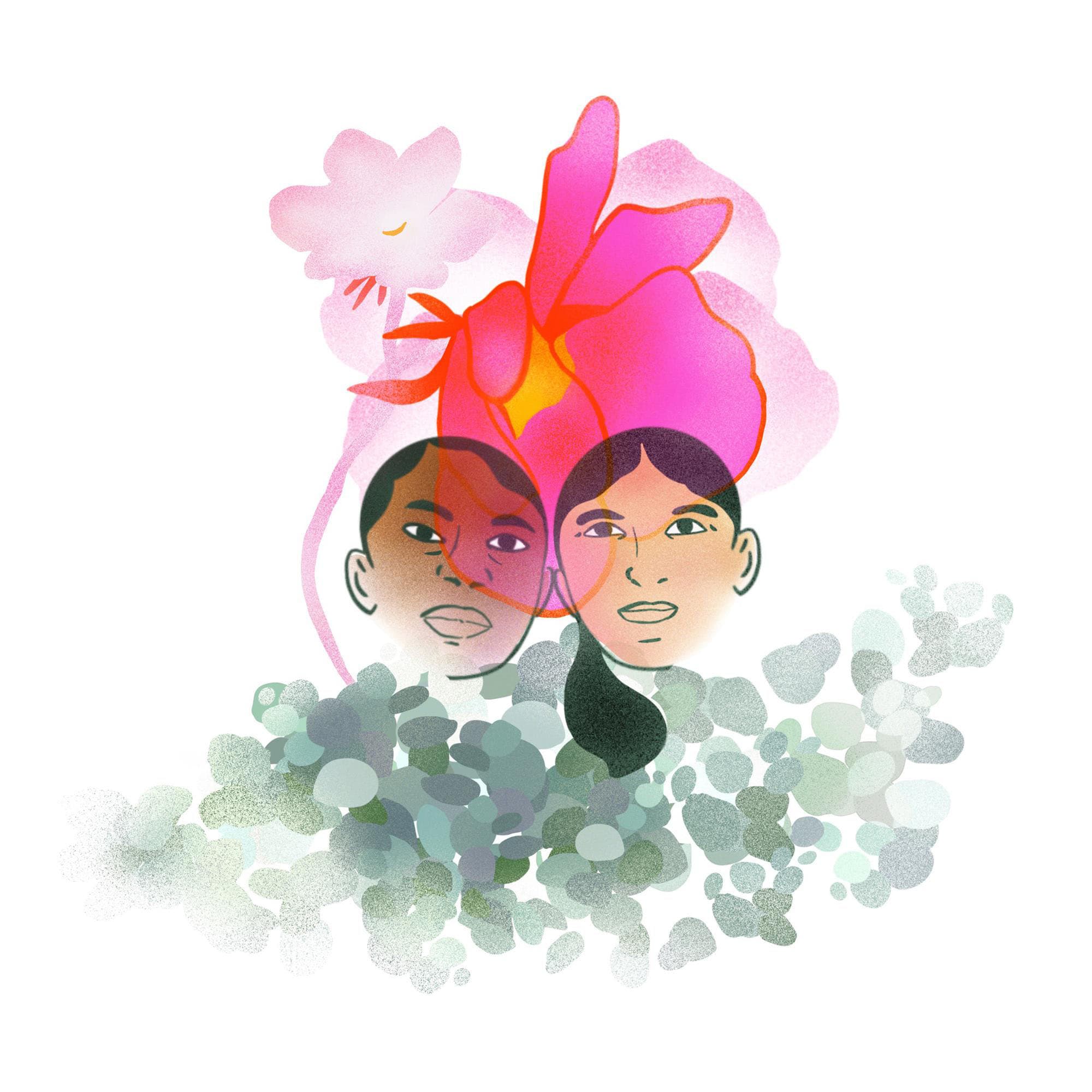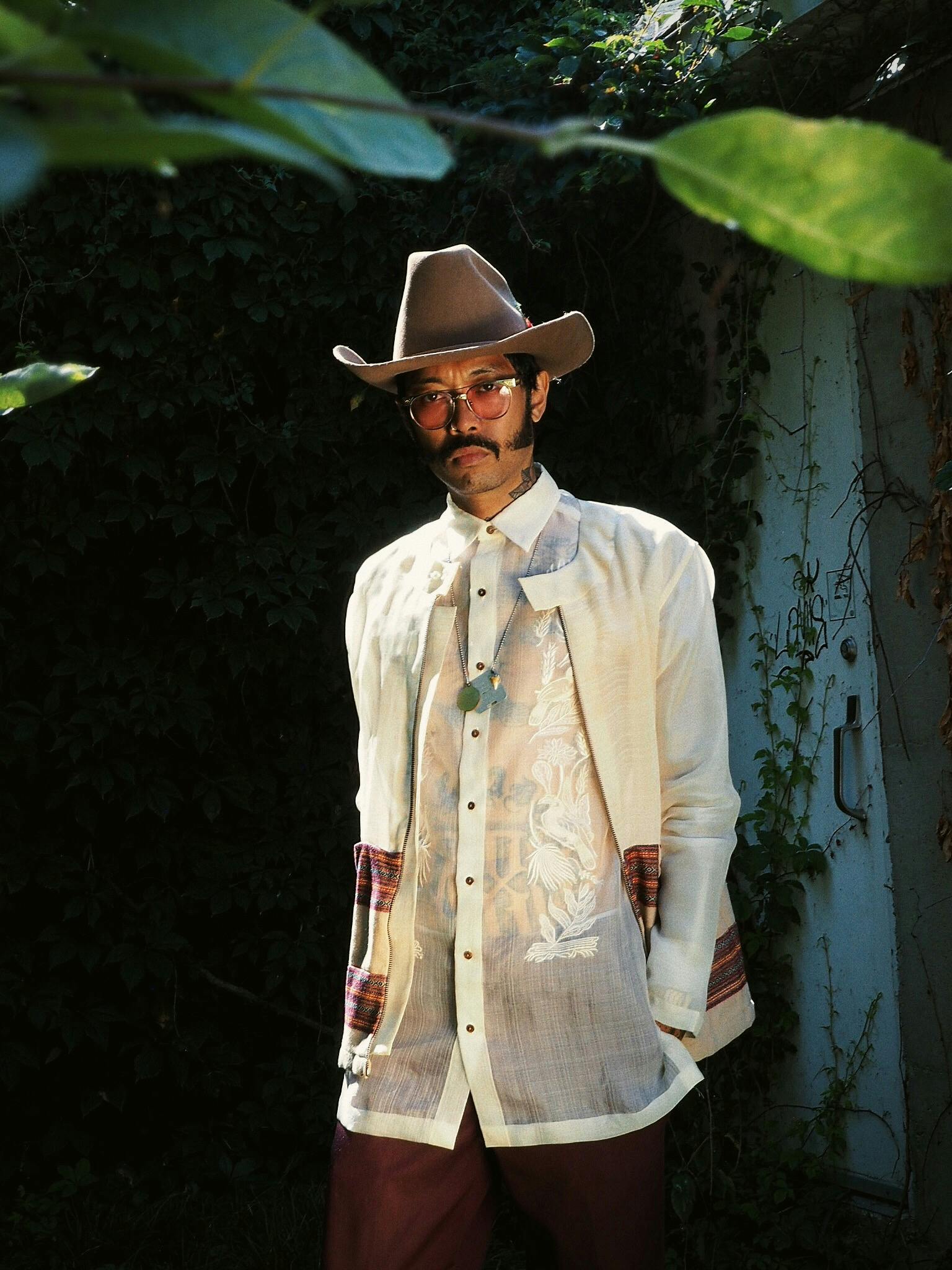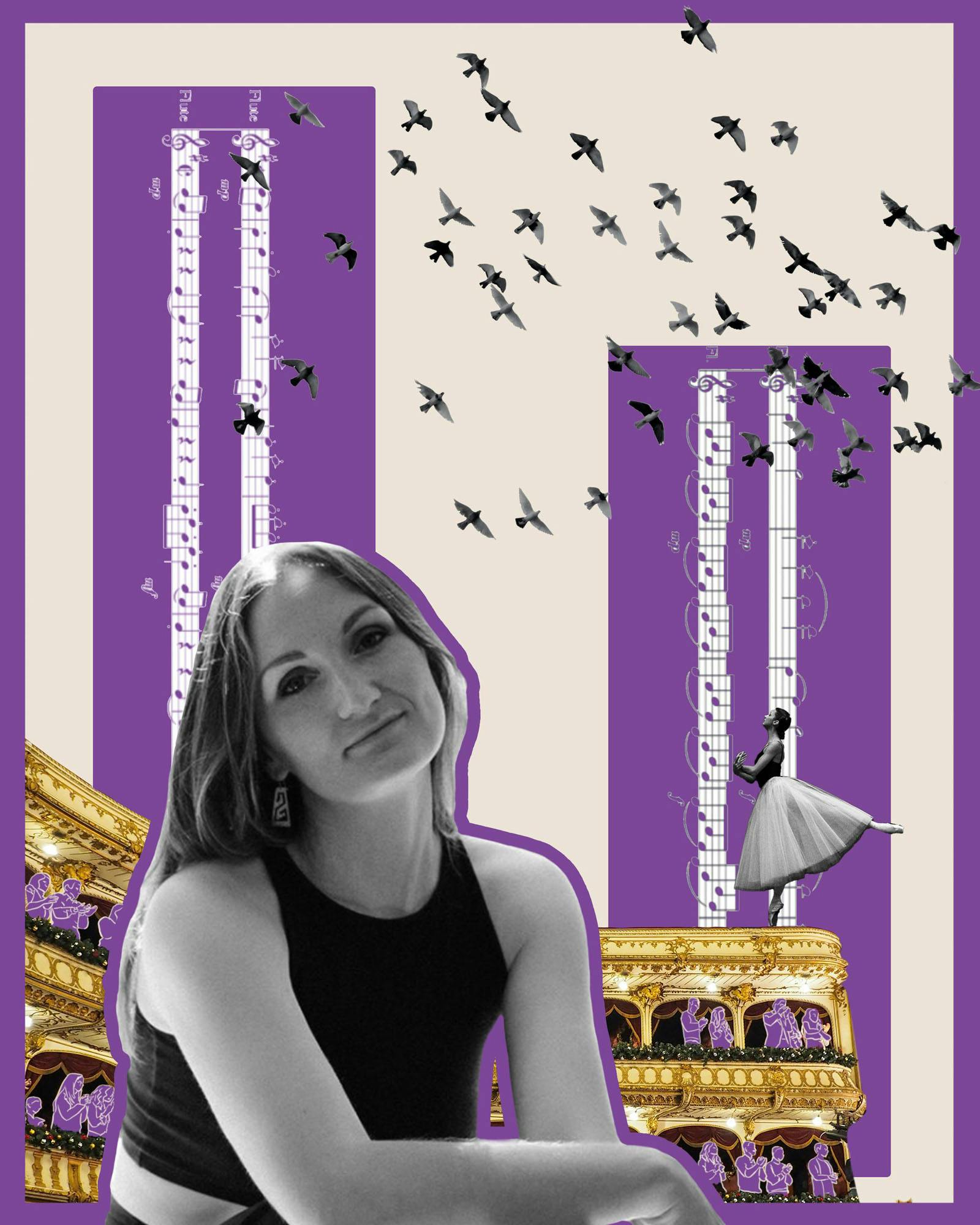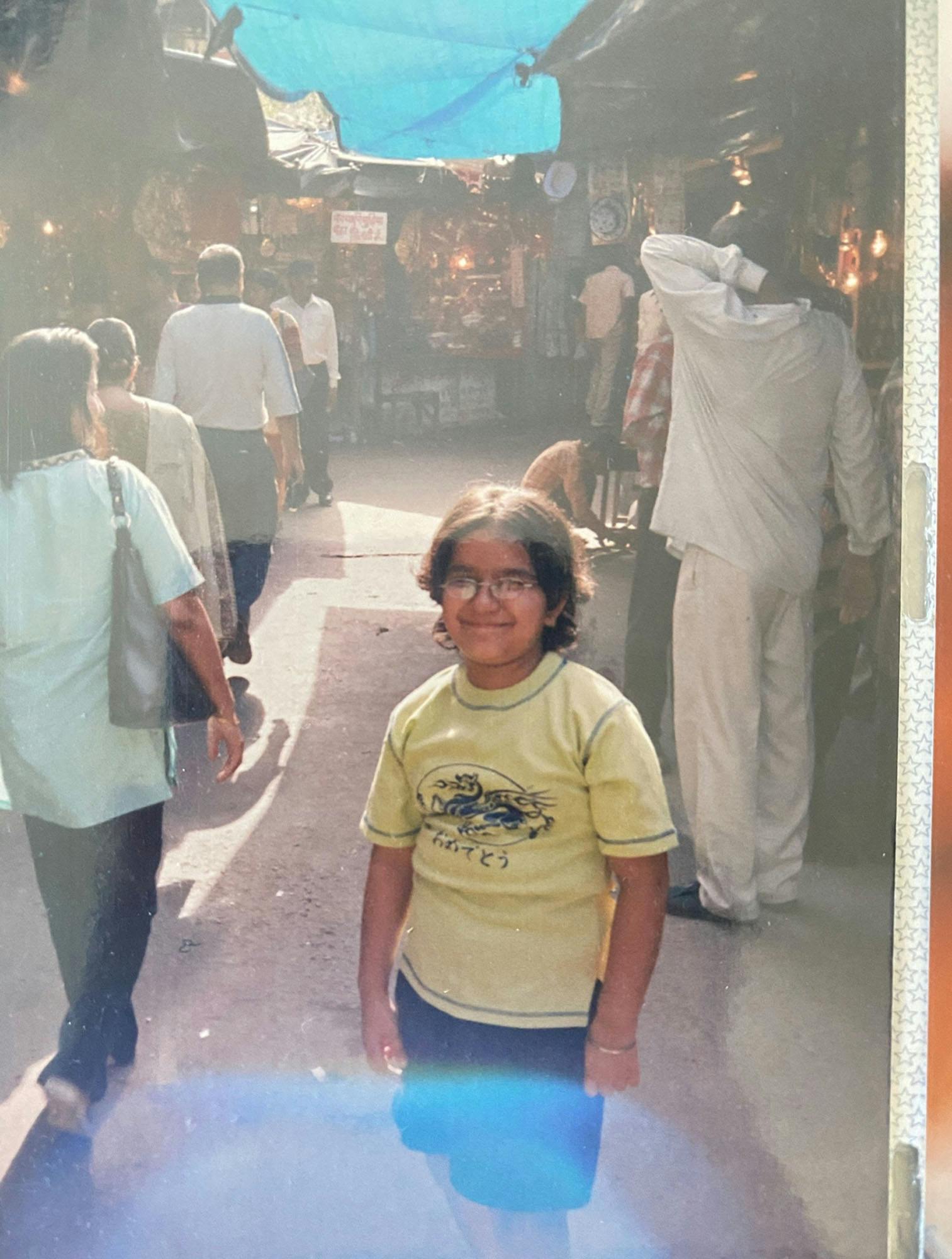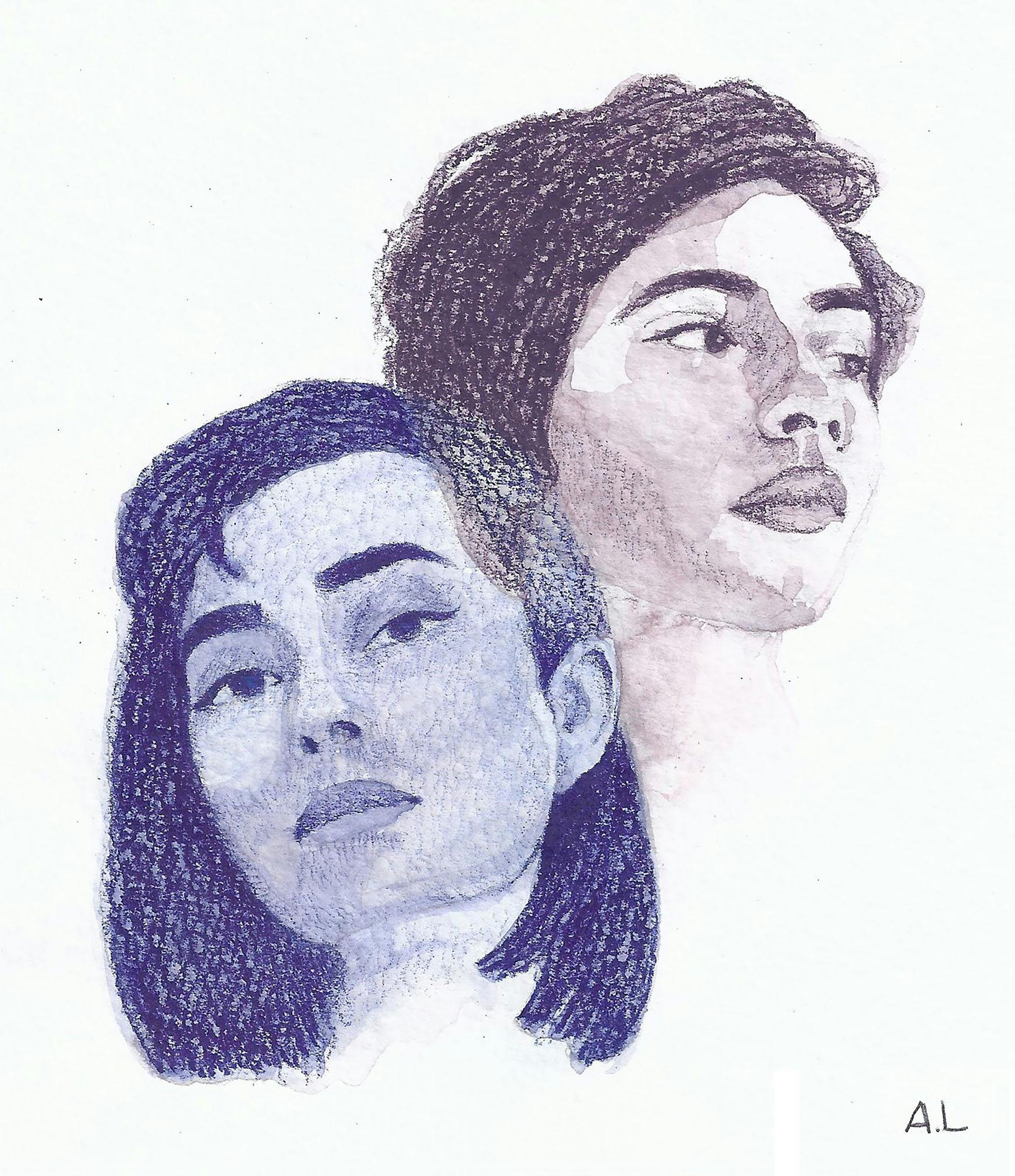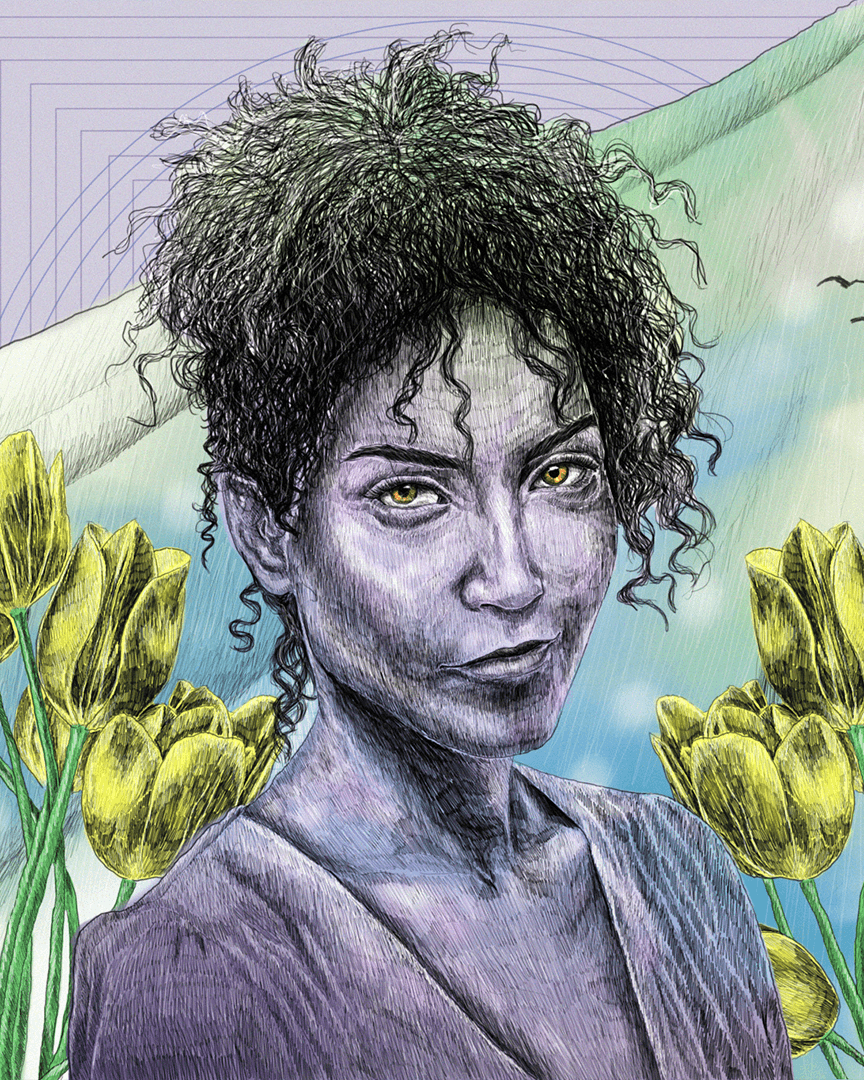
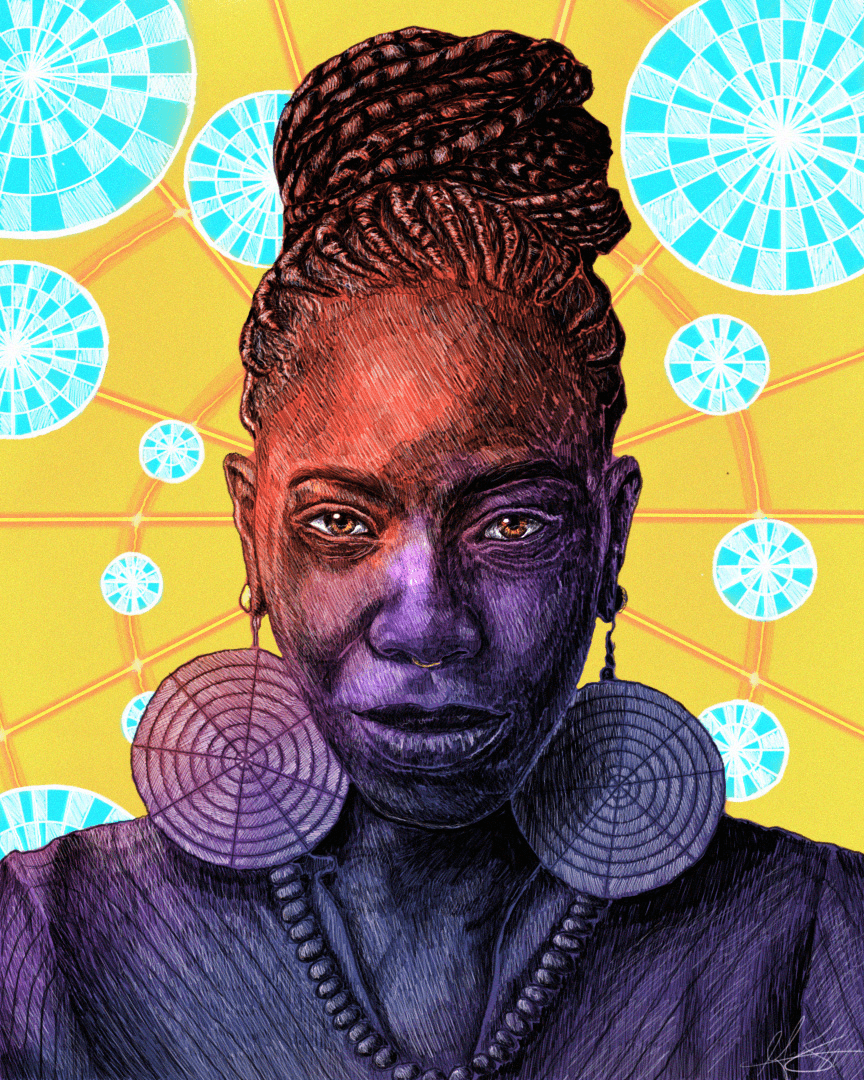
The Anitafrika Method
The Anitafrika Method is an integrative, critically-reflexive, trauma-informed, decolonial framework used to support the growth and development of artists, educators, innovators and leaders. It is a practitioner-centred arts-based intervention that nurtures self-transformation, creative expression & community embodiment.
Created by d’bi.young anitafrika from the Dub theory of her mother—pioneer Dub poet Anita Stewart—the Anitafrika Method is grounded in nine fundamental principles: Self-Knowledge, Orality, Language, Politics, Rhythm, Urgency, Sacredness, Integrity and Experience, explored through the Physical, Emotional, Mental, Creative, Exchange, Spiritual, Community, Energy, and Earth Bodies.
Sarah May
d'bi
Sarah May
Yes!
d'bi
Sarah May
d'bi
Sarah May
d'bi
Sarah May
d'bi
Sarah May
d'bi
Sarah
d'bi
Sarah May
d'bi
Sarah May
d'bi
Sarah May
d'bi
Sarah May
d'bi
Sarah May
And it could come from a place of anger. It could come from a lot of other emotions. And for me, anger is very helpful as it moves. But I can see that so much of your work is actually grounded in love and radical honesty.
d'bi
Yeah, I know, I love anger, too. I love me some anger, absolutely. But I guess what I am learning over the years is if I were to strip all the theoretical perspectives away, Sarah, what do you most want? If everything was stripped away, and it really was just you and a bunch of folks, what would you want?
Sarah May
Radical connection. Like embarrassing, unabashedly, naked connection, real connection. Yeah.
d'bi
Yeah. So when I enter a space with another artist, that’s the most important idea, philosophy, framework, lens, perspective that I carry. Regardless of where they say they’re at, I go into the room with that artist thinking, this artist, this human being, wants connection, understanding, love. And I facilitate from that perspective, why? Because that’s what I want. The method is built around questions that will help the artists to uncover that.
Sarah May
You directed Jah in the Ever-Expanding Song, written by Kaie Kellough, featuring Ravyn Wngz. Can you talk about how this is timely, to this moment?
d'bi
That project is, when I talk about magic, oh, my God, magic happens. There are projects that have just grown up out of the soil in the last few months that embody mad tingz, this circularity. Kaie, who wrote the piece, and I came of age in Montreal in the late 1990s, early 2000s. We’re homies, have curated poetry shows together. True homies. We lost touch for years and years, like, two decades. Then I saw him out of the blue at a conference in Europe that we were both presenting at. A few months later, I got a call from Obsidian [Theatre] about the project. So already, I asked, what is this circularity? And I read what it was and I just thought, ancestors… ancestors, I don’t even know what to feel right now.
The piece is founded in dub and the character is an activist dealing with the present moment, the mounting of a statue. It’s Ravyn, who is also my homie. So the four of us in the room is pure magic. Special. And so the content, the people, the timing, everything, made it such a soil for the method. And I use the method to work through the dramaturgical directorial process. And because it was grounded in dub, it allowed me to reach back into the works of those ancestors, who lay the foundation. So it ended up being this emotional, intellectual, psychological, professional project, which felt holistic in a way that I’d actually never experienced before because all the bodies were accounted for and healing was happening in all the bodies. And because the project was so well organized and supported by Obsidian Theatre and the communities around it. It gave us room to simply be practitioners in space. Oh, my, I had never experienced that much energy before.
That project was a first for me. It brought together new pieces around the method from a holistic entry point. I ended up writing a director’s note that tied this history, activism, and art together. So you should check out the director’s note.
Sarah May
It’s beautiful. I can’t imagine what it would be like if you were really in the room, I feel like it would be such an intense experience. It’s like watching a dream. It’s so beautiful. It’s like a beautiful dream.
d'bi
That’s what we’re going for. That’s what we were going for, a dream. I wanted it to feel like a dream. The team was so big and it blew me away. Each person brings their own expertise and working collaboratively without the power hierarchies of colonization, but listening to each other and contributing is what resulted in what you see, magic. Like pure magic.
Sarah May
A natural process that’s uninterrupted.
